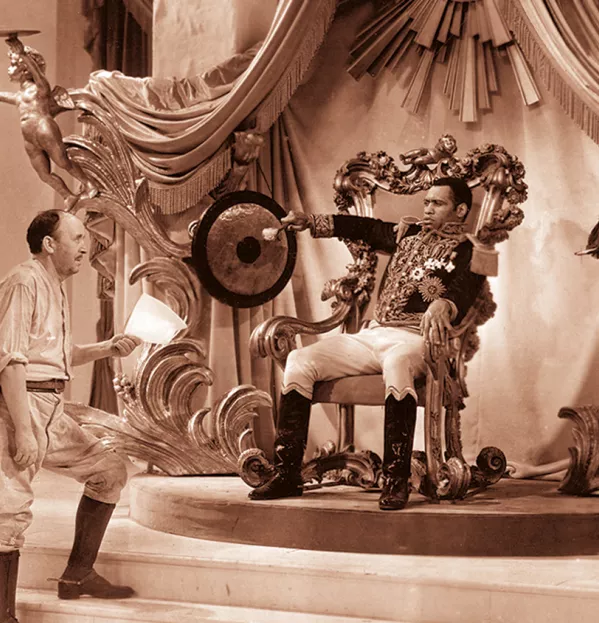If you’re working in FE, it definitely pays to be at the top
Share
If you’re working in FE, it definitely pays to be at the top
https://www.tes.com/magazine/archived/if-youre-working-fe-it-definitely-pays-be-top

Money, cash, dosh, moolah, wonga, lolly - whatever you call it, it’s been painfully clear for quite some time that colleges don’t have enough of it.
And nobody has felt this more keenly than college teachers. While their school-based peers are revelling in their own long-overdue pay rise, FE’s front-line workers are yet to see any similar efforts to increase their salary.
So it’s perhaps no surprise that four colleges will be going on strike this autumn.
And if you’re wondering why more won’t be joining in, the answer is simple.
Nationally in England, 85 per cent of those who took part in the University and Colleges Union ballot, which closed on Friday, voted for walkouts. However, new strike laws mean that only four UCU branches can take part in legal strike action. The Trade Union Act 2016, which came into force last year, means that for strike action to be legal, 50 per cent of union members have to vote in ballots, with a majority voting in favour of strike action.
Turnout across the country was 31 per cent, falling short of the threshold and ruling out national strike action at this stage. As the ballot is disaggregated, branches that meet the 50 per cent threshold can take strike action. This threshold was only met by the UCU branches at Bath College, Bradford College, New College Swindon and Petroc.
Meanwhile, in Wales, colleges are likely to face industrial action after more than nine in 10 members of the UCU voted in favour of a strike over pay and workload.
But while college staff have been balloting and getting angry over their pay, it’s become increasingly clear that the pay freeze in the sector only goes so far.
In the same week that news of the strikes broke, it was also revealed that the chief executive of the City & Guilds Group received a total pay package of £451,585 in 2016-17.
Chris Jones, who has been at the helm of the charity since 2008, saw his salary go up last year, despite a pay freeze for others on the management board.
That’s a total rise of 6.9 per cent on his basic salary in the previous year - not to mention a £109,000 bonus - a pay settlement that most in FE could only dream of.
Allan Johnston, chair of the City & Guilds Group remuneration committee, said the committee has to “strike a balance between the status of the institute as a charity and the reality that it is competing against purely commercial organisations, both in product markets and talent markets.”
Already a subscriber? Log in